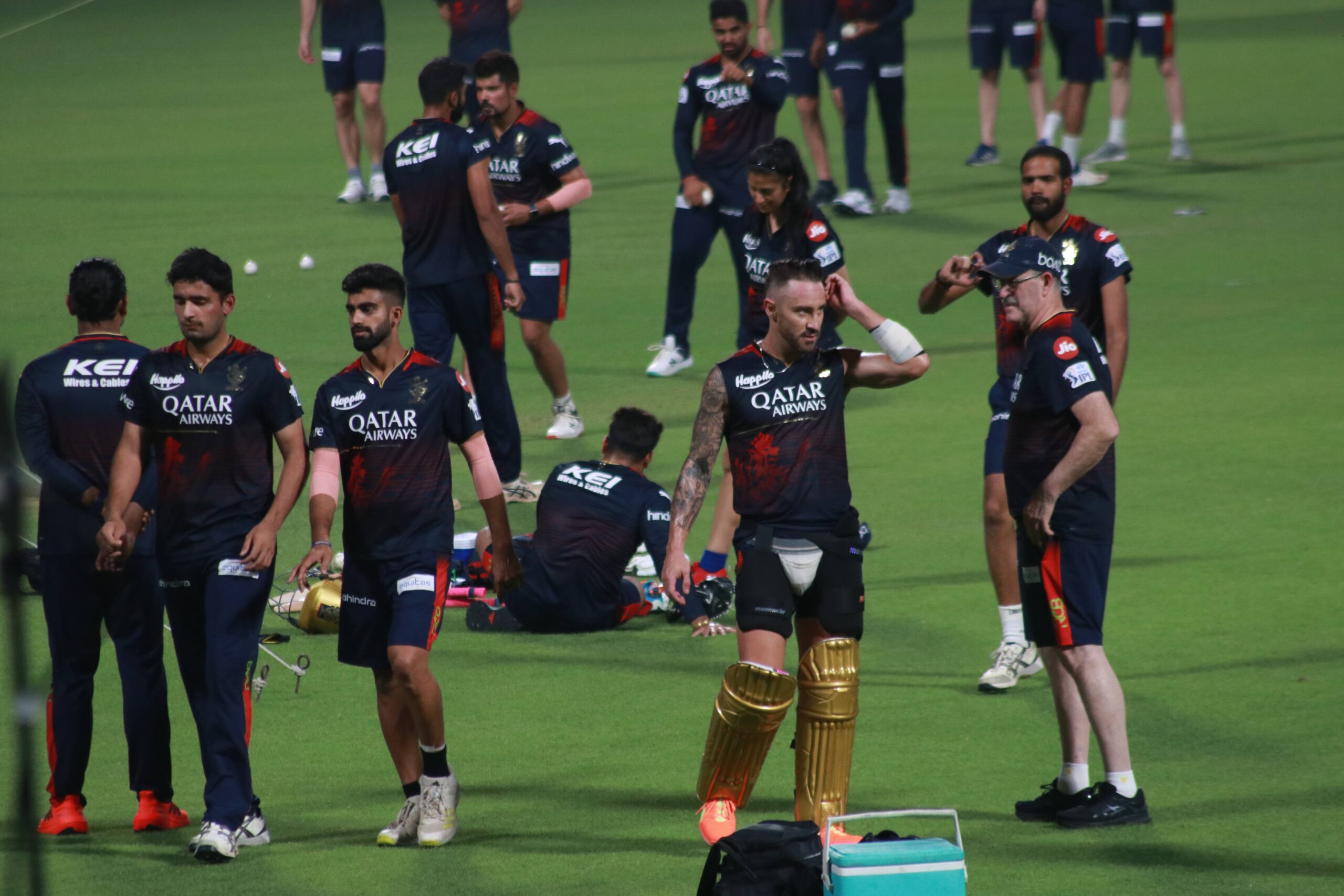The current discussions about the Indian Premier League (IPL) rules for foreign players departing midway have stirred heated debate among stakeholders. The essence of the issue is striking a balance between supporting local talent development and safeguarding franchise stability.
Arguments for Reducing Foreign Player Departures
Financial Accountability: Sunil Gavaskar, a former cricketer, has pushed for fines against overseas players who leave the IPL early for national responsibilities. He contends that franchises make significant investments in these players, frequently paying them more in one season than they would earn over numerous seasons with their respective national teams. Gavaskar believes that teams should be permitted to take a percentage of the player’s fee and withhold the 10% commission that is currently paid to the player’s home board, underlining that such sanctions would hold players accountable for their franchise obligations.
Franchise Planning: The sudden departure of important players can destabilize team dynamics and strategy, especially during critical playoff stages. Franchises base their seasons on the availability of these players, and unexpected departures can leave clubs searching for replacements. This was particularly evident when several England players were asked to return for a home series, affecting their respective franchises throughout the playoffs.
🚨 NEWS 🚨
— IndianPremierLeague (@IPL) July 31, 2024
BCCI on Wednesday organized a constructive dialogue with the owners of the 10 franchises on various subjects pertaining to the upcoming season of the #TATAIPL.
Read more 🔽
Contractual Obligations: Players sign contracts stating their availability. According to Gavaskar, if players promise their franchises that they will be there for the entire season, dropping out at the last minute undermines the trust and planning that goes into team management. He thinks that transparency and adherence to these agreements are critical for the league’s integrity.
Counterarguments
Development of Local Talent: Opponents of severe foreign player restrictions believe that restricting international involvement can stifle the growth of local players. Some argue that exposure to international talent is critical for the growth of Indian cricketers because it promotes competition and learning from experienced players. The argument is that a more flexible strategy would improve the overall quality of Indian cricket by allowing local players to adapt and progress through direct rivalry with overseas rivals.
Global Appeal: It is believed that admitting more foreign players would broaden the IPL’s global appeal. The league’s current popularity is significant, but more globalization could elevate its standing as a premier cricketing tournament. By allowing clubs to showcase more foreign talents, the IPL may draw a larger fan base, comparable to successful football leagues that rely on diverse talent.
The dispute over the IPL’s restrictions for international players departing midway is nuanced. While financial accountability and franchise stability are important considerations, the potential benefits of developing local talent and broadening the league’s worldwide appeal should not be underestimated. To ensure long-term success, a balanced approach that considers both franchise needs and the development of local players may be required.




